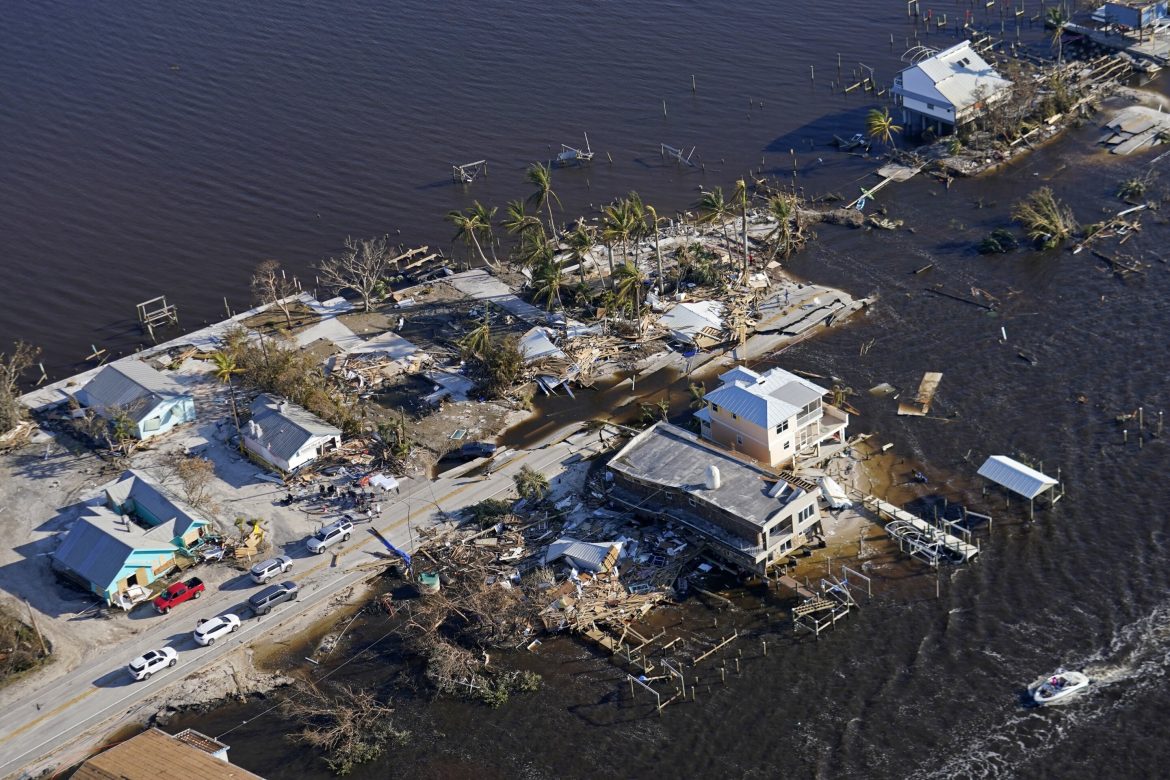A new study released on Friday said changes in air patterns will likely push more devastating hurricanes up against the United States’ east and Gulf coasts, especially in Florida as the world continues to warm.
Published in Friday’s journal Science Advances, the study focuses on the crucial aspect of where hurricanes are going but other studies before it have projected how human-caused climate change will probably alter the frequency, strength and moisture of tropical storms.
“Along every coast they’re kind of pushing the storms closer to the U.S.,” said Karthik Balaguru, a Pacific Northwest National Laboratory climate scientist. The steering currents move from south to north along the Gulf of Mexico; on the East Coast, the normal west-to-east steering is lessened considerably and can be more east-to-west, he said.
The study said in a worst-case warming scenario, the number of times a storm hits parts of the U.S. coast in general will probably increase by one-third by the end of the century. This prediction was based on sophisticated climate and hurricane simulations, including a system developed by the researchers.
Read also: Apple grows use of renewable energy with international suppliers
The central and southern Florida Peninsula, which juts out in the Atlantic, is projected to get even more of an increase in hurricanes hitting the coast, the study said.
However, since many calculations show the world has slowed its increase in carbon pollution, climate scientists disagree on how useful it is to focus on the worst-case scenario as the new study does. Balaguru said because his study looks more at steering changes than strength, the levels of warming aren’t as big a factor.
The study projects changes in air currents traced to warming in the equatorial eastern Pacific Ocean, just off the coast of South America. Climate change is warming different parts of the world at different rates, and models show the eastern Pacific area warming more quickly, Balaguru said.
That extra warming sets things in motion through Rossby waves, according to the study — atmospheric waves that move west to east and are connected to changes in temperature or pressure, like the jet stream or polar vortex events.
Story was adapted from AP.
